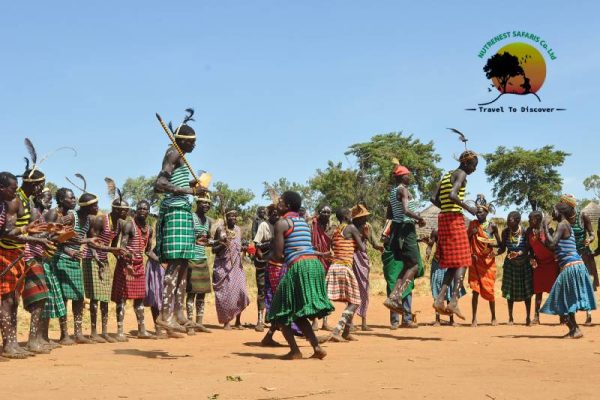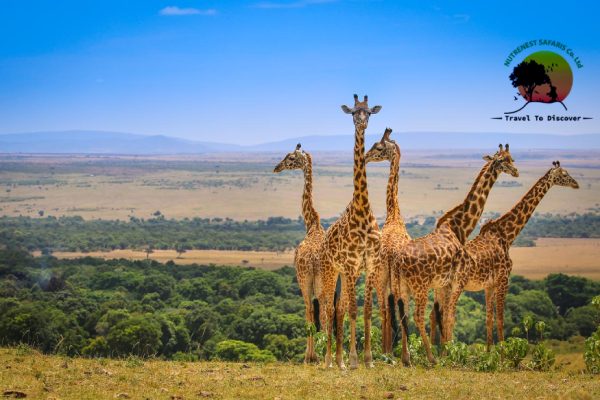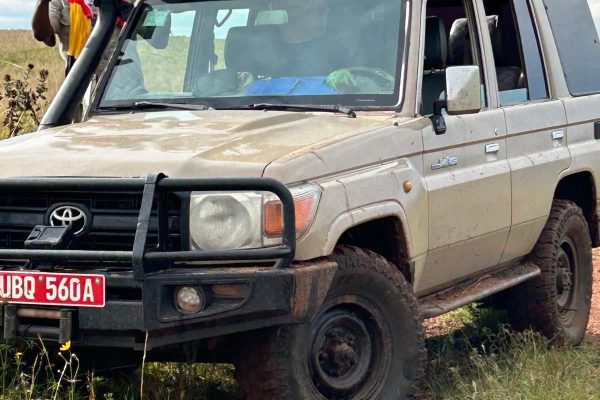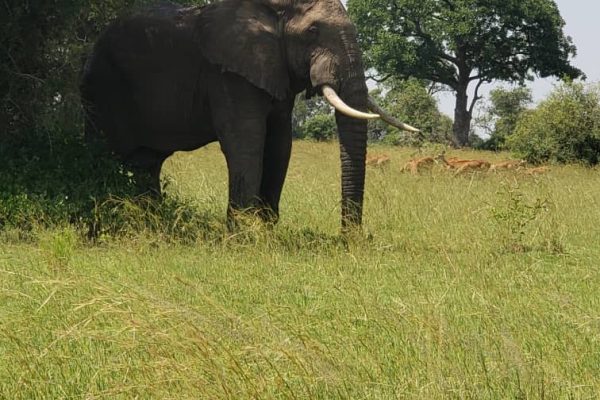Gorilla trekking in Bwindi
Bwindi covers an area of 321 square kilometers and it has four sectors for gorilla trekking and gorilla habituation. These include Nkuringo sector, Buhoma, Rushaga and Ruhija, two groups are found in Nkuringo sector and gorilla habituation experience which is done in Rushaga sector as travelers are permitted to spend 4 hours with the gorilla family if found. Bwindi impenetrable national park provides a traveler with an exception and unique experience of the mountain gorillas since the park has 35 known gorilla group though only 17 groups have been habituated for research and open for tourism and 15 habituated mountain gorilla groups available in Bwindi for tracking
According to the gorilla rules and standards in Uganda Bwindi impenetrable forest national park, the law recommends a maximum of 8 people to stay with the mountain gorillas for one hour per gorilla family.
Gorilla trekking in Bwindi National park involves heading to gorilla trekking area, going through the necessary briefing about the activity and finally into the forest in search for the mountain gorillas. Gorilla trekking usually takes about 30 minutes to 6 hours depending on the mobility of the gorilla family you have been assigned to track.
Birding at Bwindi Impenetrable national park
Bwindi impenetrable forest not only a habitant for mountain gorillas but also other wildlife species like birds and its therefore a diverse ecosystem among the must visit wildlife destinations in Uganda. Bwindi among the best birding destination in Uganda, therefore one cannot miss the opportunity to have a view or watch of about 300 species of birds found in Bwindi forest and the 24 species which tend to be endemic to Albertine rift. A pair of binoculars is advisable to have for a better experience of viewing birds.
Cultural tours around Bwindi Park
A marginalized group of people living just outside the Bwindi forest and trails is a sight that everyone should witness on their own. The Batwa also known as Twa people are pygmies referred to as the forest keepers due to the many years that they lived in the forest with animals. The Batwa people are the original inhabitants of the Bwindi forest and they are believed to have stayed there for more than 300 years. In the year 1991, they were evicted from the forest to conserve it and they started living a beggar’s life just outside the forest with limited resources that they were not used to. Most of the people who live around them like the Bafumbira and Bakiga refer to them as uncivilized people due to their former wild life of hunting. The Twa are extremely marginalized and ever since they were evicted from the forest, they have never owned land and they have become squatters on land where the owners do not see any significance form them. Travelers have opportunity with this group of people learn their ways of life, how they are coping with life these days, listen to their stories and watch them perform some entertain activities such as traditional dances.





